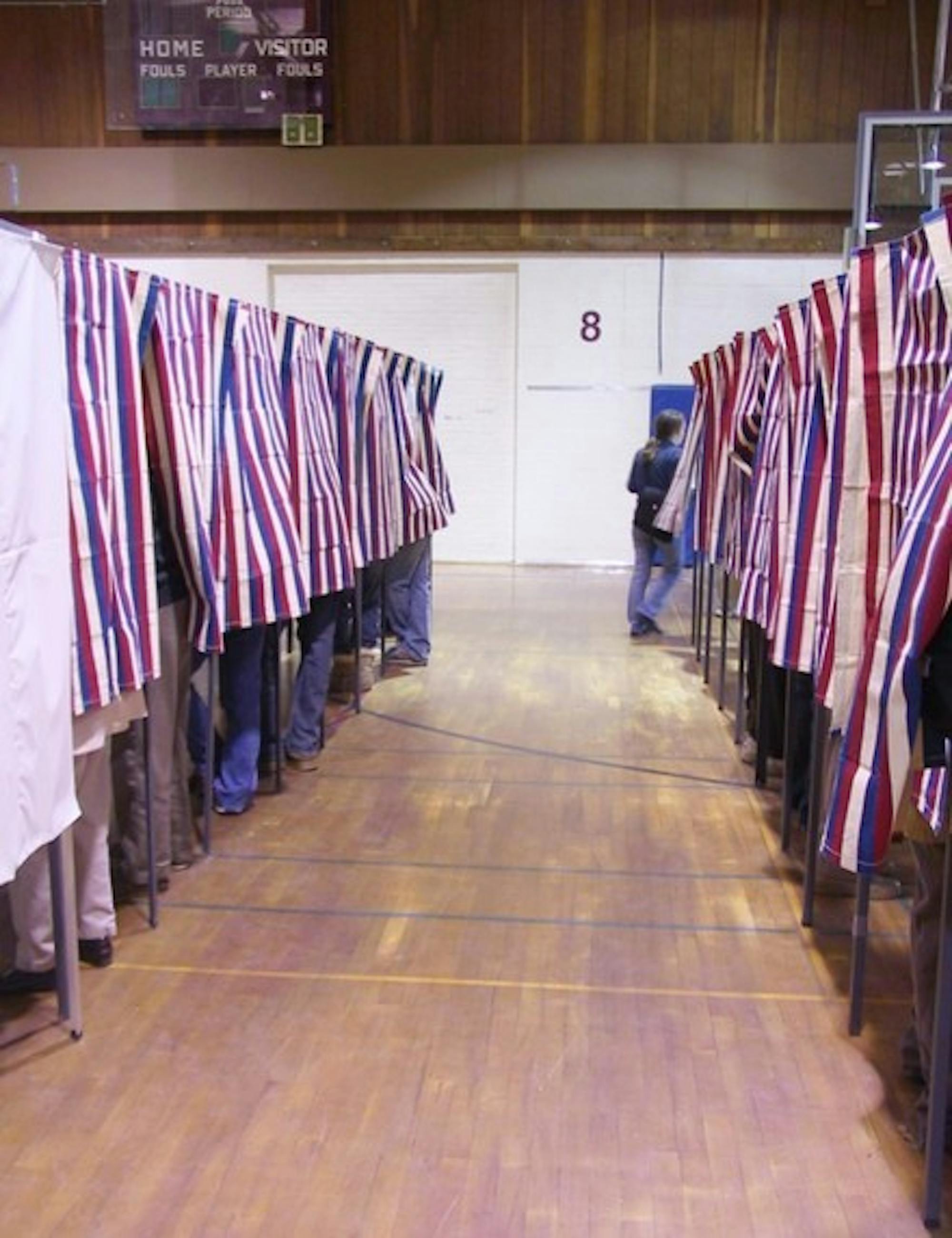Among those candidates involved in close races is Thomas Kean Jr. '90 (R-N.J.), who is challenging incumbent Robert Menendez (D-N.J.) for New Jersey's U.S. Senate. Kean, who comes from a long line of popular family politicians, has previously served in the New Jersey Legislature. His most recent position was the Senate Minority Whip, a position that he holds to this day.
Peter Hutchinson '71 is running for governor of Minnesota on the Independence Party Ticket. Hutchinson, who acknowledges that he is unlikely to pull off an electoral upset like Jesse Ventura managed to do in 1998, feels that he represents an alternative approach to the current state of American politics.
"People sense that our politics is fundamentally broken," Hutchinson said in a campaign speech. "That sense of anger is why I have optimism that we can make this happen. Everyone, regardless of party, knows it just doesn't work."
Hutchinson urged voters to stop fighting over the "five G's --- guns, gays, God, gambling and gynecology" and instead to focus on "education, health care, transportation and the environment."
John MacGovern '80, a member of the Hanover Institute, is running for one of the three Vermont State Senate seats representing Windsor county against Democratic incumbent John Campbell.
Matt Dunne, who was the associate director of the Nelson A. Rockefeller Center for Public Policy until July 2006, is running for lieutenant governor in Vermont. Dunne has just completed his second term in the Vermont State Senate.
Across the country, many of the Senate and congressional races are expected to come down to the wire. Almost half of the 50 states have at least one close race for the U.S. House of Representatives or Senate.
The national campaign most closely followed by students has been the close, hotly contested House race between incumbent Charlie Bass '74 (R-N.H), whose district includes Dartmouth, and his Democrat challenger, Paul Hodes '72.
Bass, who is seeking reelection to a seventh term, has portrayed himself as an Independent Republican throughout the campaign while his opponent, Hodes, has promoted himself as an alternative to the Republican-controlled Congress.
This House race is one of many that have become competitive in the last several months as disapproval over the war in Iraq has grown.
While different polling organizations have predicted a different number of Democratic seat gains, there is general consensus that the Democrats will, in fact, gain some seats after today's election. The question now is how many.
Government professor Joseph Bafumi published a study in late October which predicted that the Democrats would gain 32 seats in the House.
According to Bafumi, if the Democrats receive at least 53 percent of the vote across the country, then they will have a 90 percent probability of taking control of the House. But if the Democrats win more then 53 percent of the vote he predicts that they will have a 100 percent chance of taking control.
"This sophisticated statistical model suggests that the Democrats should out-perform the expectations of many in 2006," Bafumi said.
Contrary to Bafumi's study however, recent data released yesterday by Pew Research Center as well as USA Today and the Gallup Poll shows that this Democrat advantage has shrunk in the days before the election.
The Pew Research Center data showed that "the Democratic advantage [has] dropped to 47 percent down from 50 percent two weeks ago." In addition, the USA Today/Gallup Poll shows that Democrats have lost 13 percentage points in the last two weeks, reflecting the close nature of this year's election.




